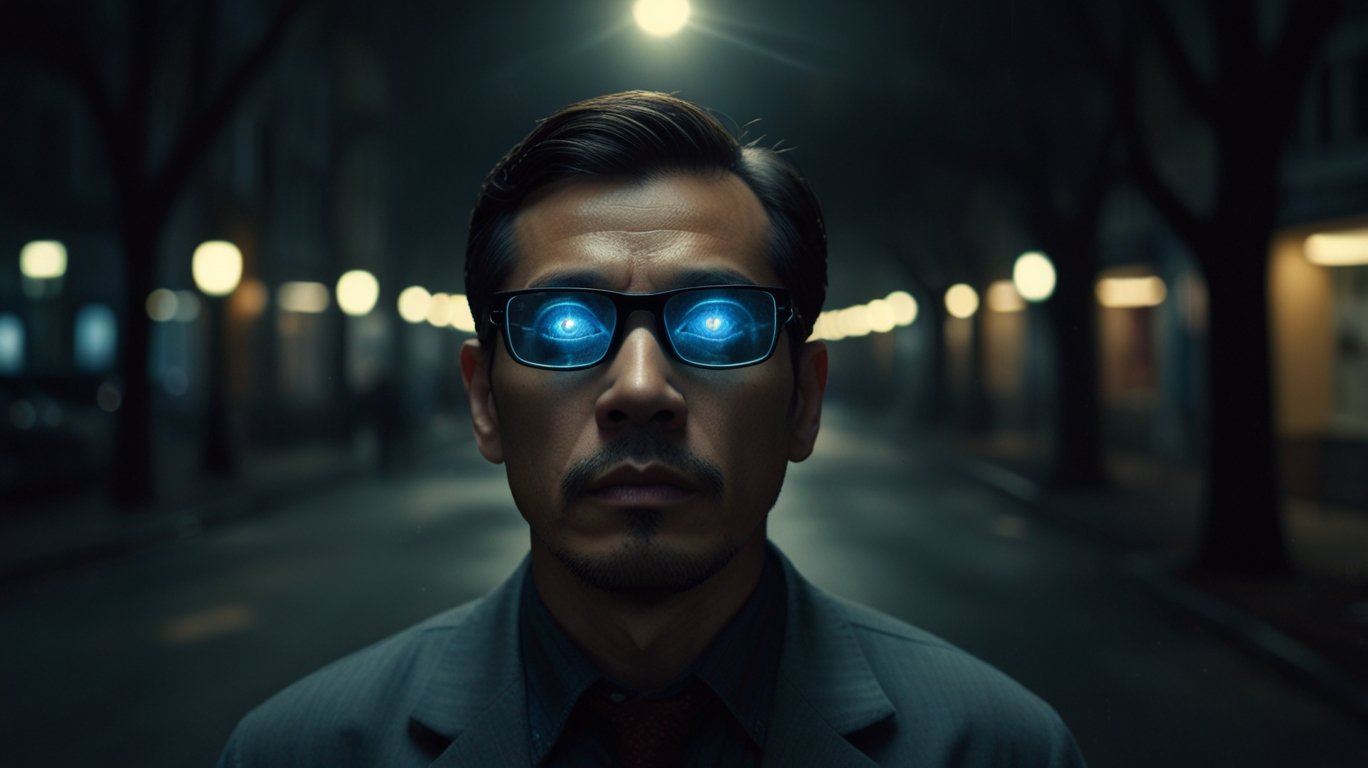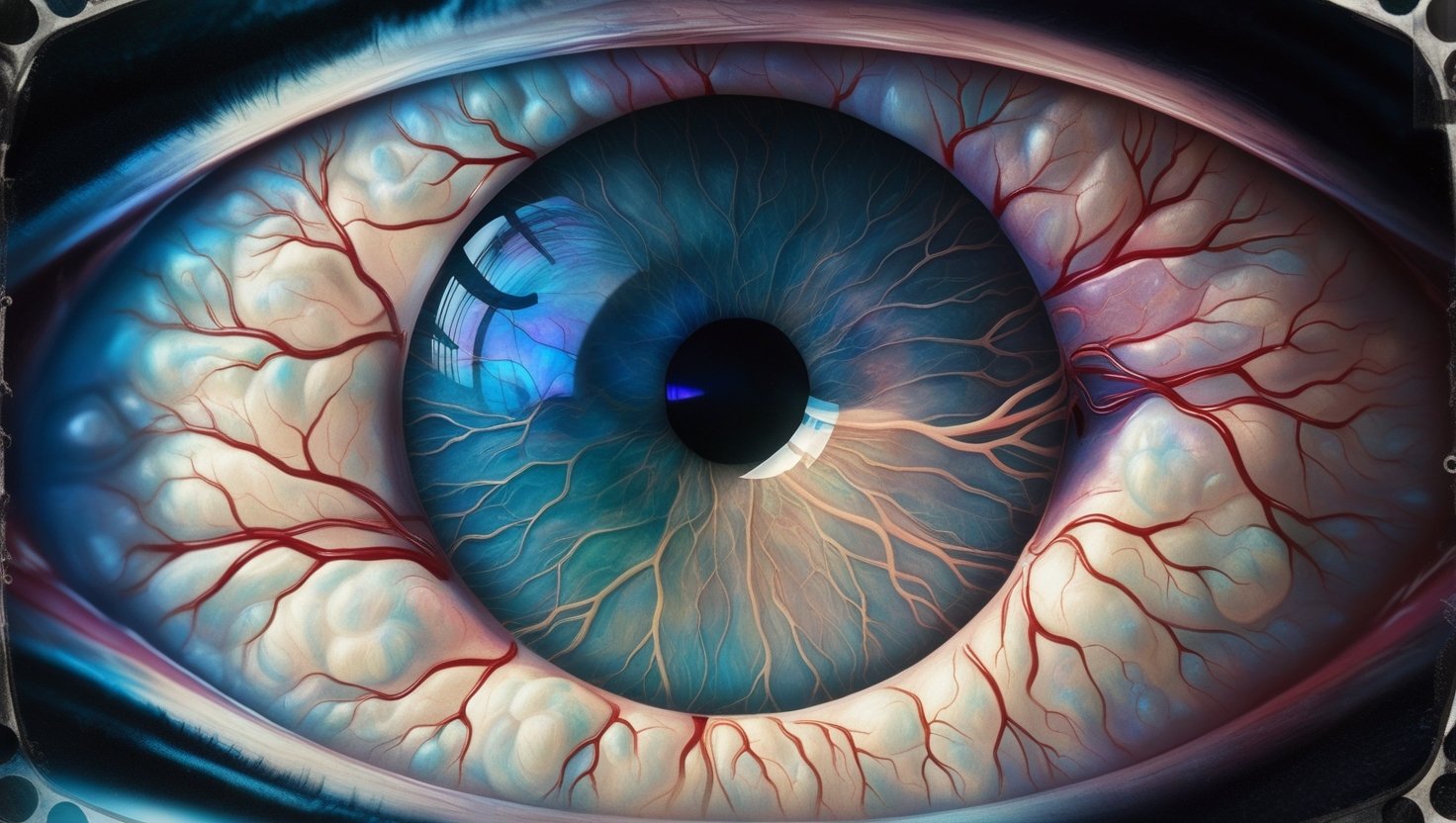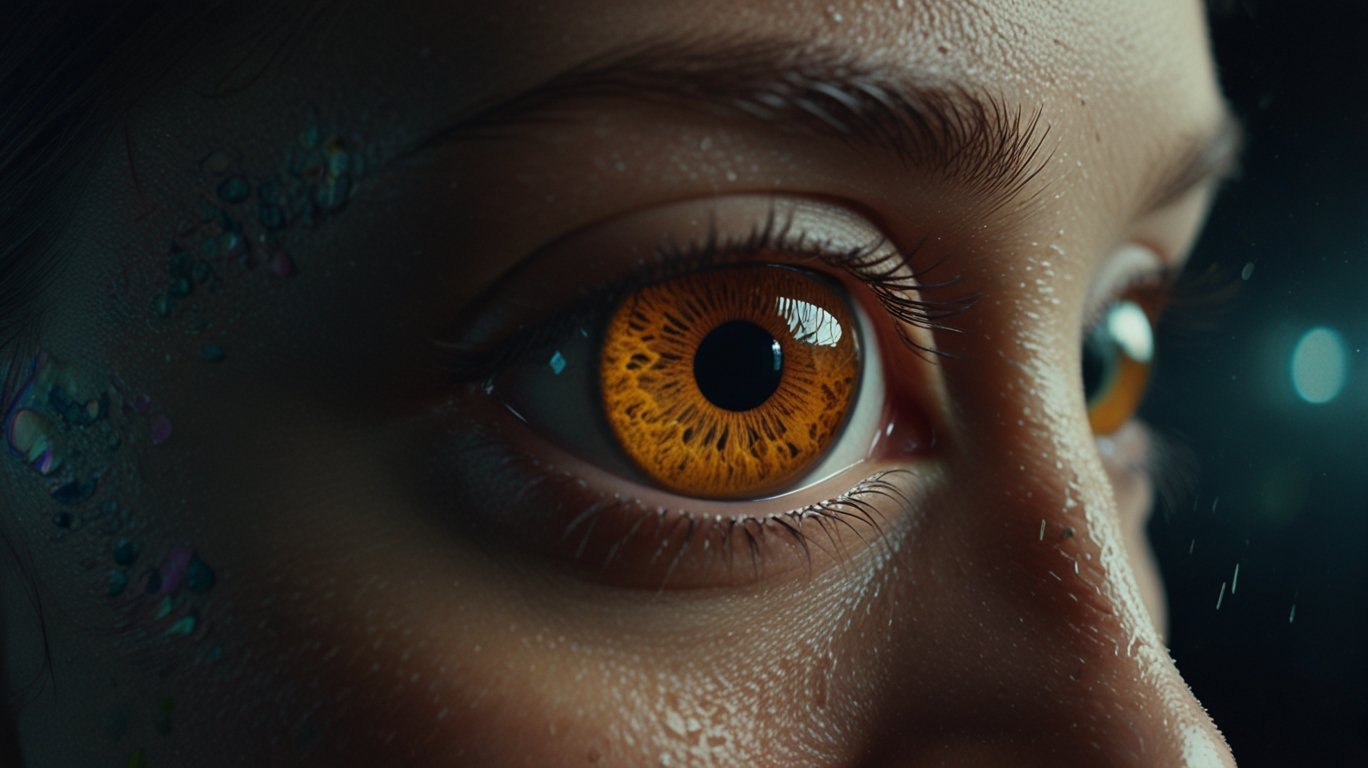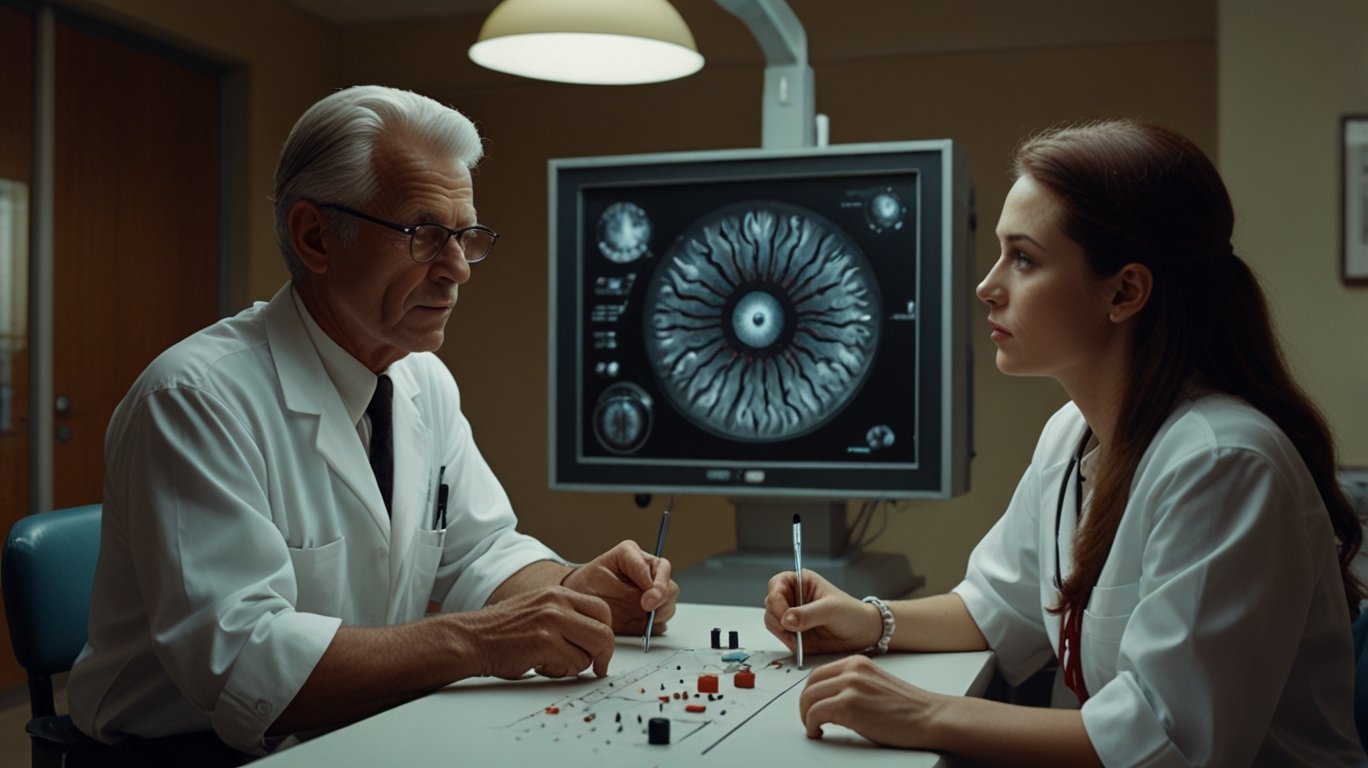Cataracts are a common condition that affects millions of people, especially as they age. This eye condition occurs when the lens of the eye becomes cloudy, which can significantly impair vision. One of the most frequent concerns among those with cataracts is their ability to see in low-light conditions. So, do cataracts affect night vision? The answer is yes. Cataracts can dramatically reduce night vision, making activities such as driving at night or navigating dark spaces much more difficult.
This article explores how cataracts impact night vision, why they pose such a challenge, and what can be done to manage or treat the problem.
How Cataracts Develop and Affect Vision
Cataracts develop when proteins in the eye’s lens break down and clump together, causing clouding of the lens. This cloudiness scatters light as it enters the eye, preventing clear and focused vision. Cataracts often form slowly, so people may not notice vision changes at first. However, over time, the clouding becomes more pronounced, leading to symptoms like blurry vision, sensitivity to light, and difficulties with night vision.
As the cataract progresses, it begins to interfere more with your day-to-day activities, particularly in environments with less light. This is why cataract vision at night becomes a key issue for many patients, as driving after sunset or functioning in dimly lit areas becomes increasingly difficult.
How Do Cataracts Affect Night Vision?
Do cataracts affect night vision? Yes, cataracts make it harder to see in low-light conditions due to the way they cloud the lens of the eye. Here’s how they specifically impact your ability to see at night:
1. Reduced Contrast Sensitivity
One of the main ways cataracts affect night vision is by reducing contrast sensitivity. This means your eyes have a harder time distinguishing between different shades of dark and light, which is crucial for seeing in dimly lit environments. Reduced contrast makes driving at night challenging because you may struggle to see road signs, lane markers, or pedestrians.
2. Increased Glare and Halos
People with cataracts often experience increased glare, particularly from bright lights like headlights and street lamps. This can cause discomfort and temporarily blind you, making it difficult to navigate safely at night. Many people with cataracts also report seeing halos around lights, which adds to the difficulty in focusing on objects or distinguishing distances in the dark.
3. Blurry Vision in Low Light
Blurry vision is a common symptom of cataracts, and this can worsen significantly in low-light conditions. As cataracts scatter the light that enters the eye, it becomes harder to focus, especially when there’s less light available to begin with. This can make even familiar settings seem confusing or disorienting when viewed at night.
4. Increased Sensitivity to Bright Lights
While cataracts can make it difficult to see in low-light conditions, they also make the eyes more sensitive to bright lights. This dual issue can cause significant problems for night driving, as headlights from oncoming traffic can cause temporary blindness or make it even harder to see the road ahead.
Why Cataracts Cause More Problems at Night
Vision at night differs from vision during the day because of how the eyes react to lower levels of light. In darker conditions, the pupils dilate to let in more light. However, in people with cataracts, this additional light is scattered by the cloudy lens, creating glare and reducing the eye’s ability to focus.
During the day, bright light can help sharpen vision because it minimizes the scattering effect. But at night, when the eyes are trying to capture as much light as possible, the clouded lens causes significant issues, leading to the visual disturbances mentioned above.
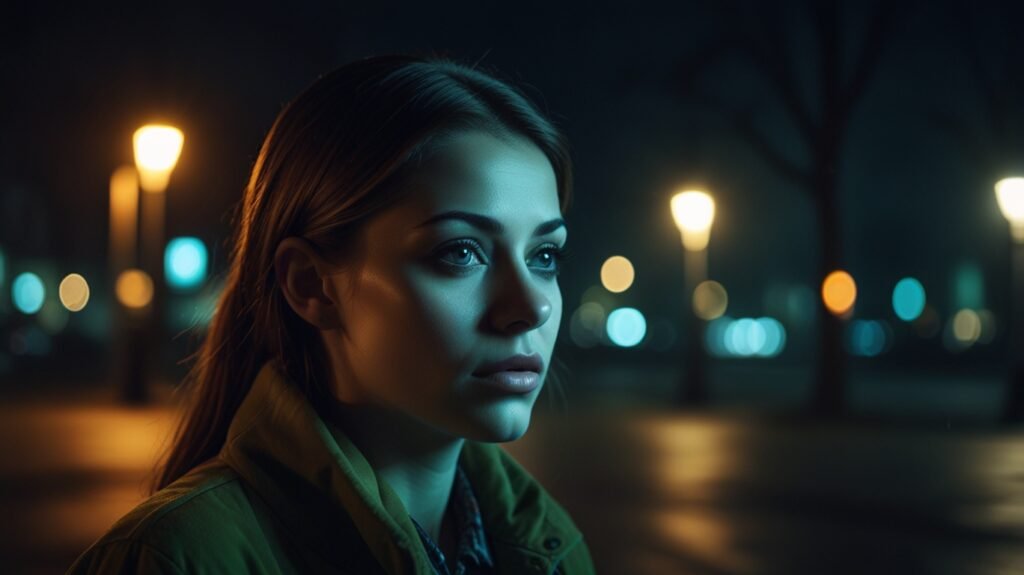
What Are the Signs That Cataracts Are Affecting Your Night Vision?
If you have cataracts, it’s important to recognize the signs that they are affecting your ability to see at night. Some common symptoms include:
- Difficulty seeing objects clearly in low light
- Increased glare from headlights or street lamps while driving
- Seeing halos around lights
- Blurry or cloudy vision that worsens at night
- Reduced ability to distinguish between objects in the dark
If you notice any of these symptoms, it’s essential to speak with your eye doctor, as they may recommend a thorough eye exam to assess the severity of your cataracts.
How to Manage Cataract-Related Night Vision Problems
If cataracts are affecting your night vision, there are several steps you can take to manage the condition before considering surgery. Here are a few strategies to help improve night vision:
1. Use Anti-Glare Glasses
Special anti-glare glasses can help reduce the discomfort caused by bright lights at night. These glasses are designed to filter out excessive glare, making it easier to see under headlights and street lamps. Wearing these glasses while driving at night can reduce the impact of cataracts on your vision.
2. Improve Lighting in Your Home
Increasing the brightness of the lights in your home can make it easier to see in dimly lit areas. This is especially important in areas like hallways and staircases, where good vision is critical for safety.
3. Regular Eye Exams
Routine eye exams are essential for monitoring the progression of cataracts. If your cataracts are becoming more severe, your eye doctor may recommend cataract surgery, which is the most effective way to restore clear vision.
Cataract Surgery and Night Vision Improvement
For many people, cataract surgery is the best option for improving night vision. Cataract surgery involves removing the cloudy lens and replacing it with an artificial intraocular lens (IOL). This procedure is highly effective in restoring vision and eliminating the issues related to cataract vision at night.
After surgery, most patients experience significant improvements in their night vision. The new lens is clear, allowing light to enter the eye without scattering, which improves contrast sensitivity, reduces glare, and eliminates the halos and blurriness that cataracts cause.
Conclusion
Do cataracts affect night vision? Absolutely. Cataracts can severely impair your ability to see clearly in low-light conditions, leading to reduced contrast sensitivity, increased glare, and blurry vision. These night vision problems make driving and other nighttime activities challenging, and they often worsen as the cataracts progress.
Managing these symptoms with anti-glare glasses, improved lighting, and regular eye exams can help in the short term. However, cataract surgery remains the most effective long-term solution for restoring clear vision and eliminating the problems caused by cataract vision at night. If cataracts are affecting your night vision, consult your eye doctor to explore your options and regain control over your vision.
